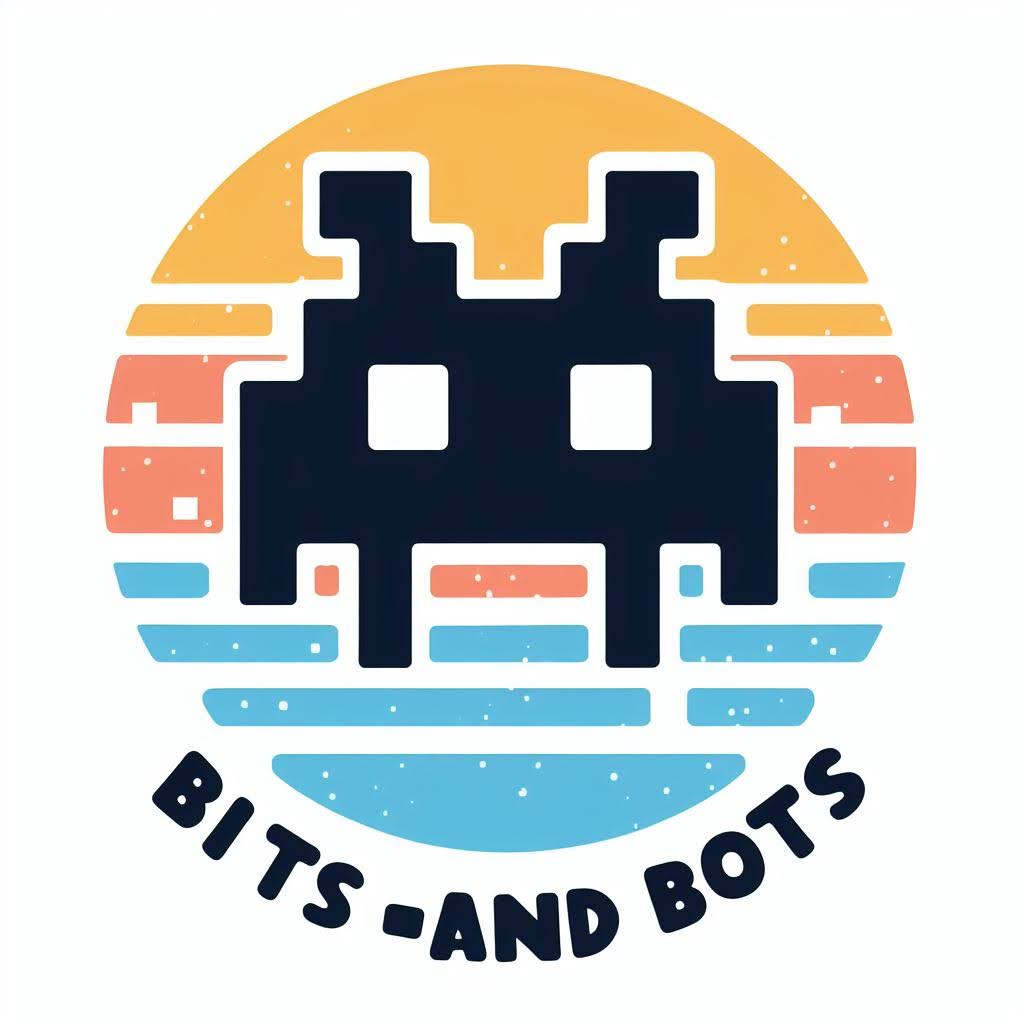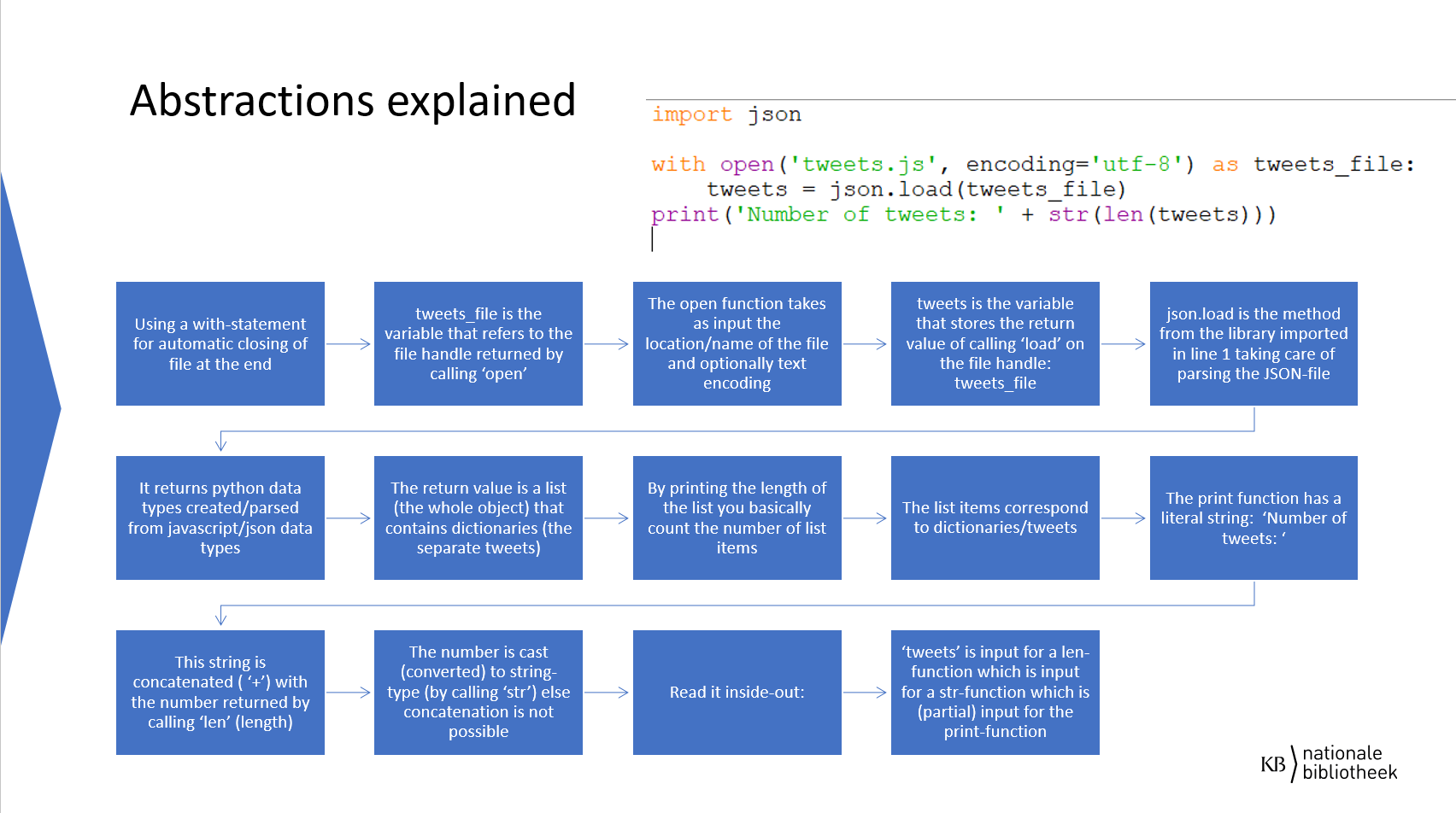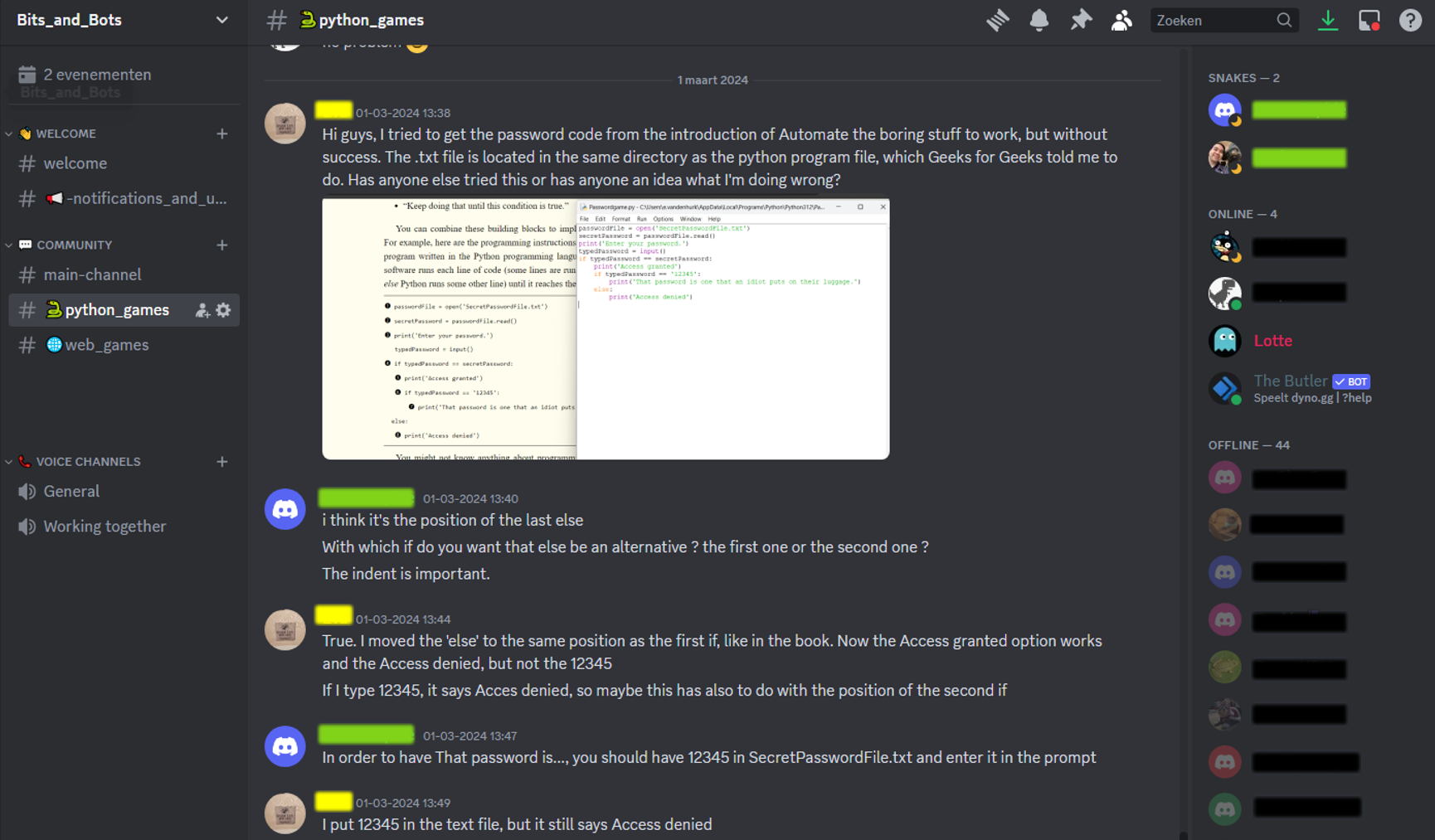
Working in the digital preservation field without a foundational understanding of technical skills can present challenges. While many in the profession can be more comfortable with technical skills and understanding some minor workflows, there is still a lack in foundational knowledge. Whilst talking amongst ourselves we found this to be a common issue, further confirmed during networking events, talking to colleagues while teaching digital preservation courses (which have seen a clear increase in these past years), or during presentations we give. The need for learning about technical skills is further reflected in the popularity of the international study groups (like BitCurator/DPC Python and Bits and Bots). Additionally, webinars, papers, and presentations often assume a certain level of knowledge. This can lead to a clear dichotomy between the humanities-side and the technical-side of digital preservation. The goal is therefore not to become an IT specialist, but to gain skills that will benefit you throughout your career.
A key selling point of the group is to learn through the creation of games. Each learning module has the tangible output of a game that can be shared in the group or amongst colleagues. The goal is to demonstrate that coding can be fun, to see immediate results, encourage creativity, and allow participants to become more confident. By the end of the course participants will come away with games that they have developed. While participants can create any game, we are encouraging fieldspecific outputs to gamify knowledge in the field. A secondary output, therefore, of the group is that through the creation of these games, we can end up with a library of field-specific games to share with others. Digital preservation themed games are a large part of conferences such as iPRES and the hope is to encourage more people to submit games, promote learning through gamification, and become advocates for digital skills and digital preservation.
The group focuses on two tracks: Python and Front-end Development. Each of the tracks is split up into 8 modules and makes use of existing and free resources in a structured guide created by the organisers. Participants can choose to do both or either of the tracks. The guides for both tracks are fully published and freely available.
The Python track starts with a focus on installation of the software (considering that limitations on workspace computers and permissions can differ by person), and learning some basic principles. In the other seven modules the focus is on building and expanding this foundation. By creating games such as Guess the Number, Hangman, and Treasure Hunt we work with functions, loops, lists, dictionaries, coordinates, etc. Each module, new concepts are introduced and build further on previous modules. We rely on two important books by Al Sweigart: Automate the Boring Stuff and Invent Your Own Computer Games with Python, both freely available on the internet, which are further supplemented by other resources.
The front-end development track is based on skills such as HTML, CSS, and JavaScript. This track also covers collaboration tools such as GitHub, UX, accessibility, and different applications that can be used to create websites. Much of the focus of this track is on the use of Twine as it is possible to incorporate a lot of these skills here. The final goal is to be able to create your own website game that can be shared with others.
As learning digital skills is not something that happens in a week, the study group is structured over the course of a year. This also means that learning can be balanced with personal and professional commitments. Keeping this in mind we incorporated a summer break of 2 months, to allow people to catch-up or take a break. Each month, we release the next module using Google Drive, and announcements are made via Discord. The first module started on February 15th 2024 and we will finish the final module on December 15th 2024. The initiative, however, started in 2023 and the framework of the learning materials is completed, but still adapted to participants' needs.
We organise two monthly meetings per module, to accommodate different time zones. These meetings have two aims, firstly to check in with the group, answer questions, and collect feedback. This allows us to identify any struggles, and adjust future modules accordingly. The second aim is focused on expert sessions on specific subjects. For example, focused on using basic Python principles to analyse a Twitter archive or a demonstration of the Windows command prompt. Each session is interactive through use of quizzes and games. Future sessions will include UX, GitHub, 3D objects in HTML. The sessions are tailored to work alongside the skills being learnt but also stand alone.
The group currently consists of 47 members from 5 continents. For communication, we created a Discord server for the study group, which allows participants to communicate and share with each other, while also being a space for group notifications, updates, and meeting links. It provides a less formal setting where you can ask questions freely and help each other. Participants are encouraged to share problems through screenshots, but also their outputs. All of these components together form a community that learns together and champions one another.
































































































































Planning ahead for DVD-Video migration research
Starting with complexity: Archiving digital-born music compositions from Mac systems of the 80s/90s